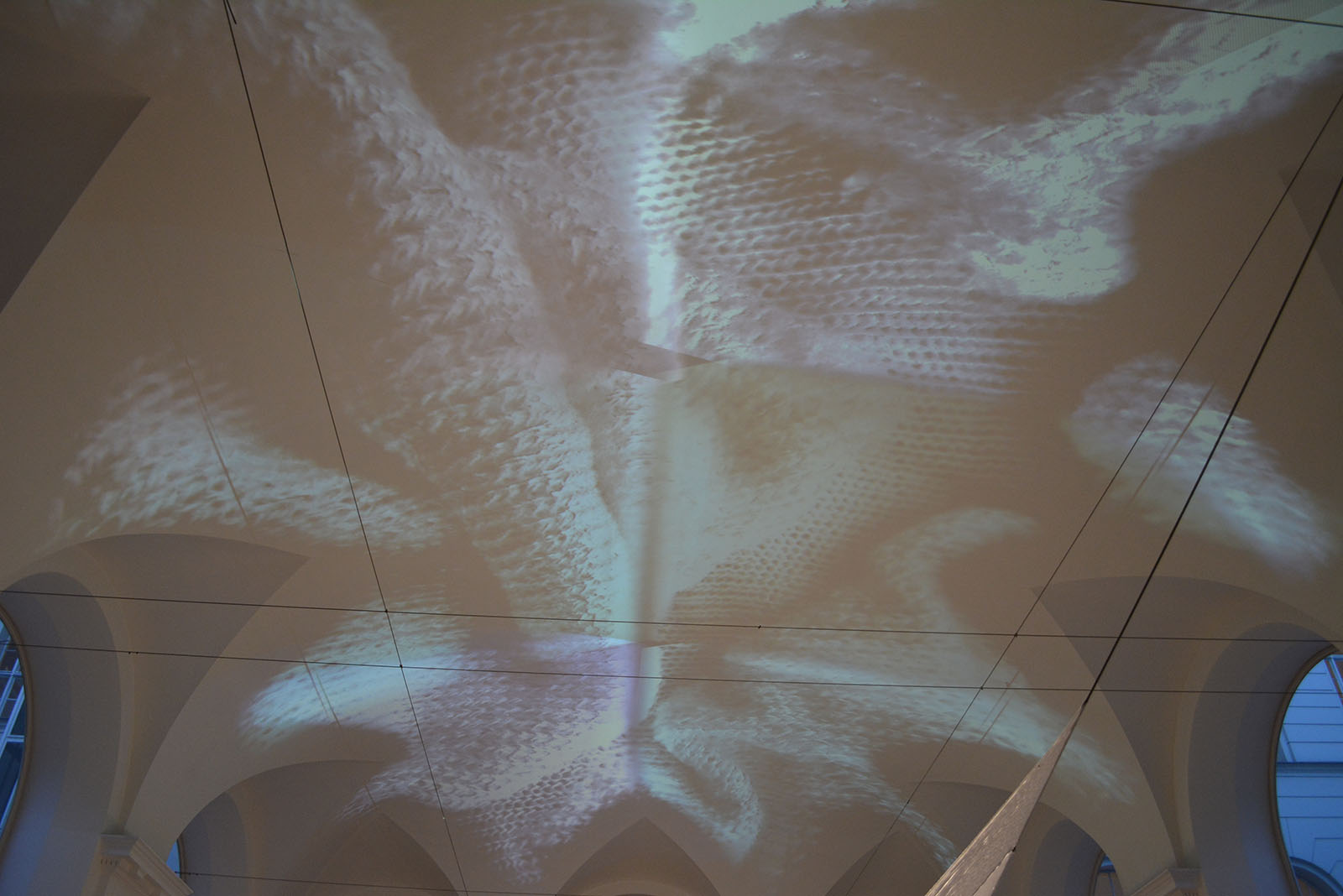

Impact
By defining a new arena for design research, one which builds on areas where Europe by tradition have a strong position, the initiative introduce a new type of cross-disciplinary doctoral and early-stage research training in which art, design and architecture co-operate on a background of broad thematics (design for new forms of living) and a focused methodological approach (textile thinking), and where different European traditions within design, art and architecture are interwoven. As a consequence, the proposed ETN will contribute to further developing the European principles of Innovative Doctoral Training, and link together strong European traditions within the fields of art, design, and architecture on the level of practice-based research education. Through its training structure the ETN will define a form of European doctoral/early-stage research training which is characterised by:
– training in cross-disciplinary groups, in which the individual ESRs work with a specific perspective on a common theme,
– secondments which moves groups of ESRs between different academic institutions, between different environments with respect to subject matters and supervision, and between academic research training and company based training in the application of research in development projects in which research innovations are linked together in a natural manner on a foundation of cross-disciplinary and practice-based design research,
– training in experimental design research with close links to the development of design practice.
By this, the ETN contributes towards defining a new model for a European, nomadic form of doctoral/early-stage research training in artistic fields with a focus on urgent matters pertaining to the exploration of expressions of new forms of living.
Through this combination of in-depth specialisations, collaborative project work training, and private sector secondments, the ESRs of the ETN will form a highly trained avant-garde, ready to take on complex challenges both in academic design education and research and in design development work in the private sector with a focus on urgent issues, i.e. designing for new, sustainable ways of living.
With respect to new career prospects the ETN also emphases communication and innovation skills:
Communication skills: The context of research training within the ArcInTex Network and the cross-disciplinary environment at the networking institutions will provide a high level of implicit training in communication across disciplines. Secondments within development projects at private companies will provide in-depth training in communication between the public/academic and the private sector. Communication for research collaborations and team work in development projects is consequently a focal issue within the ETN.
Entrepreneurial and business skills: The training programme is a programme for training in practice-based design research and development work, which entails results in the form of design examples, prototypes, techniques, methods and design programmes in an academic setting as well as at private sector companies. This implies that training of creativity and entrepreneurial skills in relation to the development of design and more general design programmes is at the heart of the ETN.
Innovation and design skills: Secondments at partner companies within development projects will improve training in performing the process of going from the initial product and design ideas to actual product development. As design researchers and educated designers, ESRs will receive in-depth training in concept and prototype development, which will make them highly skilled in the early stages of company based design development work in the areas of the ETN.
Through its strong focus on practice-based design research in the connected fields of architecture, textile and fashion design, and interaction design, the ETN will contribute to further establishing design research at a level similar to that of engineering science, which is of special importance for collaborations between academia and the private sector in the given areas of design research. This will contribute to strengthening and establishing practice-based design research as a driving force in innovation.
In practice-based design research, public exhibitions and performances form the most central arenas for communication between the research community and the general public. Besides internal exhibitions of the network, the ETN will organise a series of public exhibitions, displaying the general research agenda of the ArcInTex doctoral training programme and the work of collaborative project groups under the title “ArcInTex ETN exhibitions”.